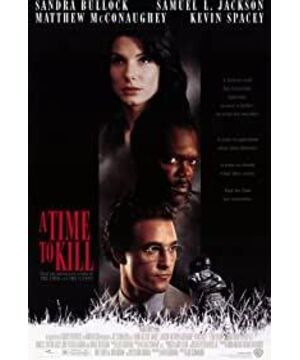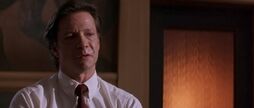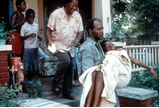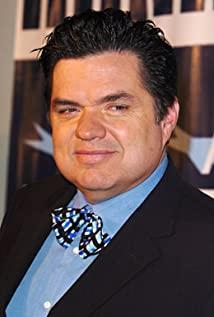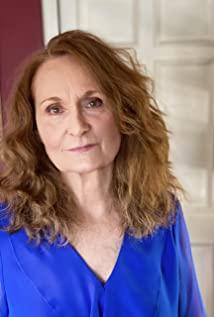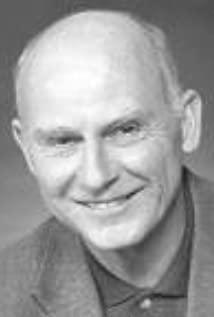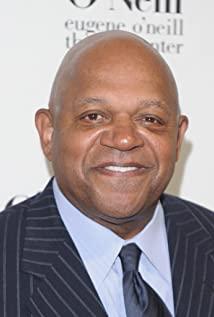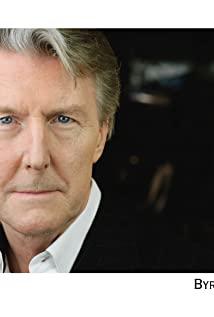When studying history, I know that American society discriminates against blacks, but as a Chinese who has not experienced ethnic and religious contradictions, I can’t personally experience the difficulties that racial discrimination brings to the survival of black Americans, nor can I understand why whites are Discriminate against black people, or expand it a little bit, why there is discrimination between people. Just take blacks and whites as an example. If because whites are "noble and purer" than blacks, or because blacks are descendants of prisoners and slaves trafficked from Africa into the Americas, their natural social status is lower than that of whites, then why does such discrimination exist? The law gives everyone equal rights by birth. As a form of social contract, the law naturally defaults to the common consciousness of people under the social contract organization. Although various factors such as the environment, resources, education and other factors will bring about inequalities among people, everyone should be equal in terms of legal rights. Could it be that whites can openly oppress and discriminate against blacks just because of their skin color, and take these behaviors for granted? Where has the preached democracy gone, and whose human rights are the protected human rights? The law should be the representative of fairness and justice, but when the people who make the law consider fairness and justice only part of the group, then what is fairness to the forgotten group? What is justice? Since they can't get the protection of the law, then the law loses the meaning of observing it for them.
To some extent, the judgments of judges and lawyers are the real body of the law. For the defendants who are on trial, they are the representatives of the law, punishing their own demons or protecting themselves. But just because these judgments are made by people, there is no guarantee of absolute rationality or absolute fairness. God creates perfection, and human beings are only responsible for infinite proximity. Because of this, when white judges and lawyers prepare to try blacks with their own prejudices and limitations, the only chance for blacks to fight back is to fight against whites with their own prejudices and limitations. The law that represents fairness and justice is impartial, and at this time it has turned to white people. Is this fair to black people? Is this called justice? Democracy brings equality, and the rule of law brings freedom. But such democracy only makes inequality deeper, and legal rules only make free ones more unscrupulous, and those who are not free are even more restrained and oppressed. Regardless of which piece of land, the fairness and justice pursued by the law should allow everyone to live in poetry and live with natural dignity and a sense of security. The ideal state is that when legislators make laws, they must take into account the fairness and justice recognized by every citizen in the territory and protect them. However, this ideal state is impossible to achieve, so the law can only provide a large framework for people Fill in the flesh and blood in the long-term practice. Get close to the truth, judge the truth, make a judgment. These are all subjective cognitions made by people on the basis of the fact that they are not complete or not. They are different from the unified standard of natural law. It is "cognition" and "bias". It is impossible for two people to be the same, so If you want to gain recognition from a wider group of people, you must resonate in their hearts. Therefore, the judgment must conform to traditional culture and social ethics. Of course, you must stick to the bottom line of the law and uphold the fairness and justice of the law. So what does the law that I agree with look like? It is impartial, selfless, and protects all social strata to be able to walk in their own way in a stable manner, so that those who infringe on the rights and legitimate interests of others will be punished.
View more about A Time to Kill reviews


